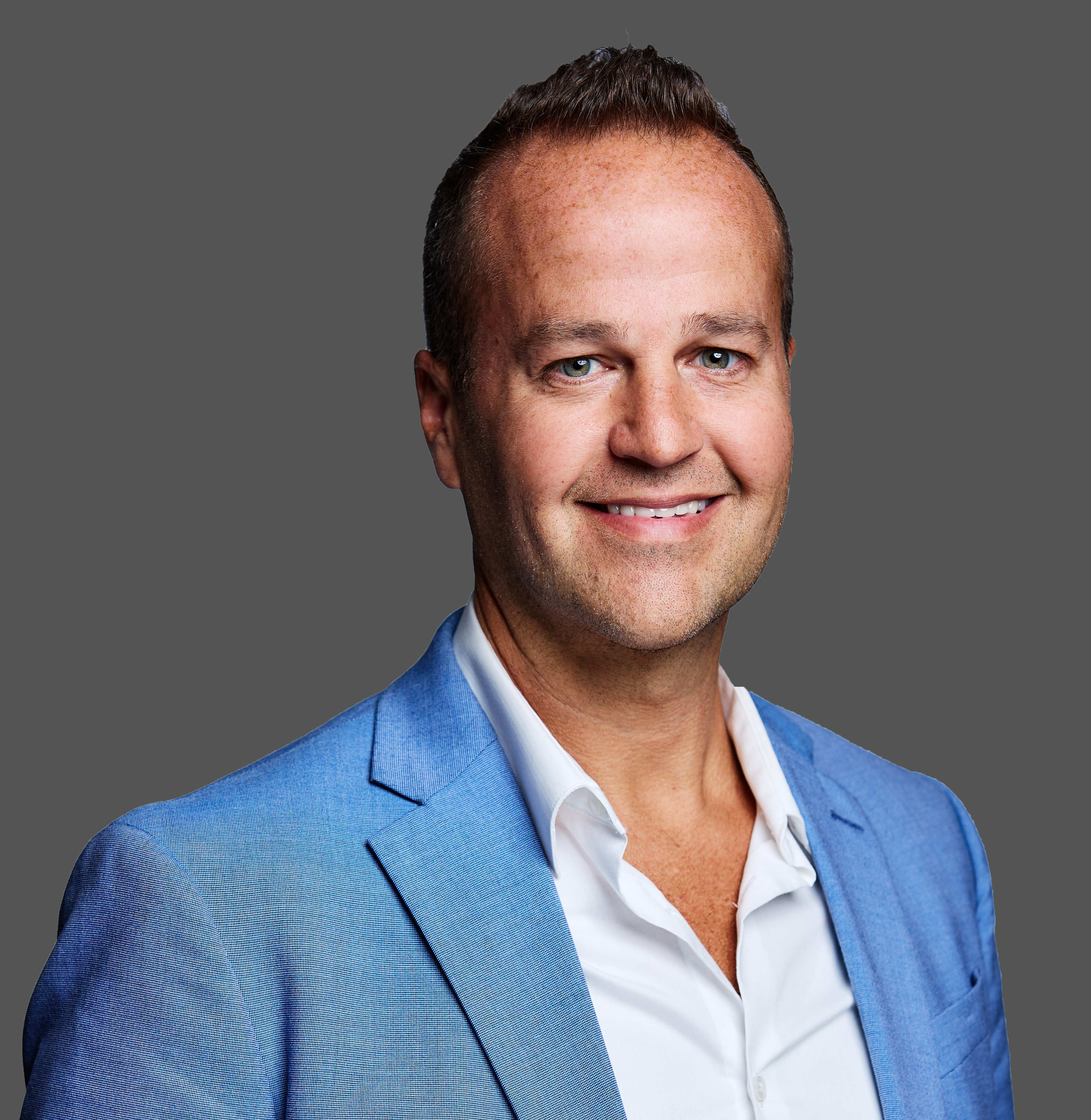To help promote Mental Health Awareness Month, Alcanza spoke with Ayesha Lall, the Co-Founder and Principal Investigator of Vertex Research Group – the newest site member in our expanding network.
Q. May is Mental Health Awareness Month. Can you discuss the different types of medicines currently under development for mental health indications?
A. It’s an exciting time to be a mental health consumer. New medications under development utilize different brain pathways and drug delivery systems. There are new treatments under development for multiple conditions: Major Depressive Disorder/depression, anxiety, PTSD, ADHD, bipolar disorder, schizophrenia, obesity, binge eating and substance abuse, to name a few. In addition, neuropsychiatric indications (Alzheimer’s disease, dementias, cognitive impairment, agitation, and insomnia) have many ongoing studies aimed at finding medicines that are safe, effective and may improve quality of life. These medications are using different delivery systems such as sublingual films, nasal sprays, skin patches, intravenous infusions and innovative oral pill forms.
Q. What are some recent approvals and/or other positive developments impacting mental health treatments?
A. There are new agents for depression including approved medications (such as Auvelity: dextromethorphan/bupropion) and many drugs in development. Other medications with novel mechanisms of action are being actively studied. The first new nonstimulant medication to be approved in 20 years is Qelbree (viloxazine) for adults with ADHD.
Quviviq (daridorexant) is a new treatment for insomnia.
Wegovy (semaglutide) and Saxenda (liraglutide) injections for chronic weight management in adults with obesity or who are overweight have been greatly impactful. In addition, Saxenda (liraglutide) is also approved for kids aged 12 and older with obesity/weight above 60 kg.
Psychedelics research: Spravato (esketamine) nasal spray and ketamine infusions have been a game changer for people struggling with treatment resistant depression in the past few years. Psychedelic therapy has also been shown to reduce suicidality. Psychedelic research is being conducted for several different indications currently.
Q. What do you wish more people knew about research activity within mental health conditions, like anxiety, depression and ADHD?
A. It’s important to know that at least 1 in 5 U.S. adults experience mental illness each year, and less than half of them receive treatment. There is extensive research ongoing in these fields, and it offers new hope for many people who have chronic or difficult to treat conditions. Before a study is open for participants, there may be anywhere from 5-20 years+ of extensive research being conducted on that investigational product. Patient safety in clinical research is paramount. Every FDA approved medication in the United States was studied in this manner at some point in time. In addition, technology (wearables, in-home testing) and non-medication treatments (psychotherapy) are also being studied. Anxiety, depression and ADHD cause significant losses in personal and professional productivity. It is important to have an extensive and varied list of treatment options to reflect the diversity of the human condition. Without research studies, we would not have new and effective treatments for these and other health disorders.
Q. What should potential research participants know about trial participation?
A. Trial participation is always voluntary, and there are never any costs for the participants. Participants receive a thorough diagnostic evaluation when screening for the study. If they qualify, they will receive all study testing (such as diagnostic testing, lab work, ECG, physical and neurological examinations) at no cost. Insurance is not used at all. Your information is confidential and protected to a very high degree. Should you meet the entry criteria for the study, you would receive either the active investigational product (drug) or a placebo. Some studies also offer an open label extension, where all participants would receive the actual drug, once the initial “blinded” part of the study is complete. Although we cannot provide treatment as the investigational products are not FDA approved, we can bring people in very quickly to assess them. Participants continue to see their current health care providers for ongoing treatment. In many studies, they may remain on their current medication list and the study drug or placebo may be added to this.
Q. What research news is grabbing your attention?
A. There are so many exciting things coming out! There are new biomarker exams that offer high-risk individuals more accurate screening and early detection for cancer. The class of drugs for adults with obesity or who are overweight is compelling news. Possible treatments for cognitive decline in several mental health conditions, as well as in dementia, is also quite interesting.
Q. What are some ways to get involved in Mental Health Awareness Month?
A. Mental Health includes physical, emotional, social, and spiritual wellbeing. Take an inventory of your current stressors and life satisfaction and make small, meaningful goals to improve them. Everyone can do this, whether done privately or with friends, family or group support. In college, there are resources available through your campus clinic/wellness center. In the workplace, you may contact your employer’s HR department for lifestyle support, access to counseling (if needed) or other ways to improve your life satisfaction. Stress affects everyone, and long-term stress can harm your health. You can start today by making small, daily changes in your routine. Consider engaging in former hobbies or taking up new ones. Some people find journaling, meditation or music to be particularly fulfilling. There are many virtual classes and free resources offered online through YouTube, other sites and through phone apps. Physical exercise is a great way to improve your mental health- start with just 5 minutes of activity a day and build up. Make sure to get regular sleep, and plan to eat healthily. You may even search online for “mental health awareness activities.”
If you are feeling overwhelmed by stress, please ask for help from a qualified health professional. Local mental health providers such as therapists, counselors, social workers and psychiatrists are great resources. In addition, there are advocacy groups such as the National Alliance on Mental Illness (NAMI.org) that provide online and community-based supports. If you are experiencing an emergency, please call 911 or 988 (Suicide and Crisis Lifeline,) or go to your closest emergency room.





